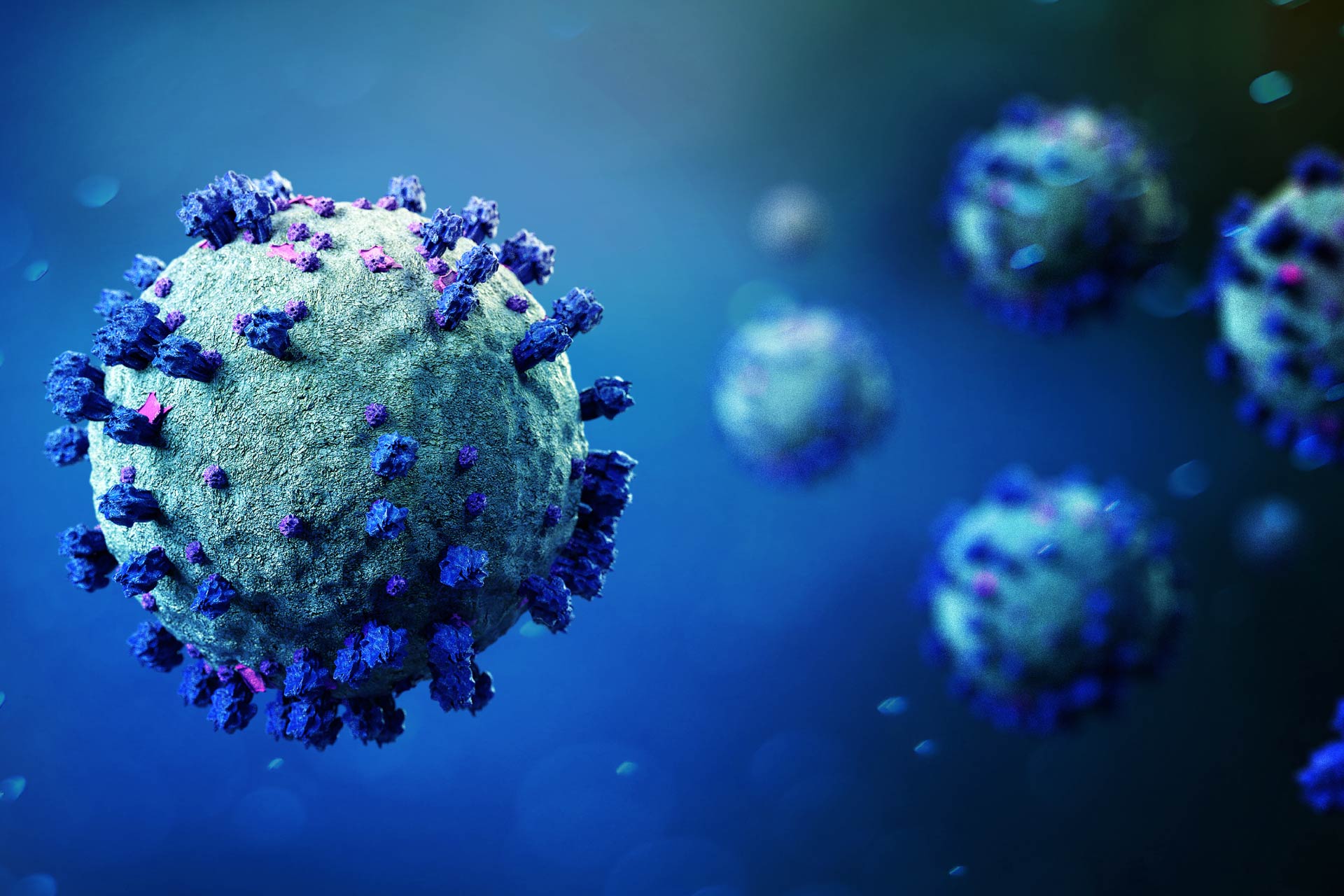• Long-lasting effects
• Microbiota recovery
What is already known on this topic
‘Long COVID’ is a term used to describe COVID-19 symptoms that continue for weeks or months beyond the initial infection with SARS-CoV-2. A recent study has shown that the gut microbiota of people who recovered from COVID-19 is different from that of uninfected individuals. But although gut dysbiosis may be linked to ‘long COVID’, only a few studies have looked at how gut microbes recover following a SARS-CoV-2 infection.What this research adds
By monitoring changes in gut microbiota composition in 30 people with COVID-19 and 30 uninfected individuals, researchers found that microbiota richness was not restored to normal levels six month after recovery from COVID-19. People who had lower microbial richness six months after recovering from the illness had worse lung function than control individuals. These people also showed increased illness severity during the acute phase, which hints at a close association between inflammatory response and gut dysbiosis in COVID-19.Conclusion
Although larger studies are needed to confirm the findings, the results support the idea that changes in gut microbiota composition are linked to the recovery from COVID-19. Promoting microbial diversity through the manipulation of the gut microbiota could help to speed up recovery, the researchers say.
‘Long COVID’ is a term used to describe COVID-19 symptoms that continue for weeks or months beyond the initial infection with SARS-CoV-2. Now, a new study shows that microbiota richness was not restored to normal levels six month after recovery from the illness.
The findings, published in Gut, support the idea that changes in gut microbiota composition are linked to the recovery from COVID-19. Promoting microbial diversity through the manipulation of the gut microbiota could help to speed up recovery, the researchers say.
A recent study has shown that the gut microbiota of people who recovered from COVID-19 is different from that of uninfected individuals. But although gut dysbiosis may be linked to ‘long COVID’, only a few studies have looked at how gut microbes recover following a SARS-CoV-2 infection.
To address this question, Lanjuan Li at Zhejiang University and her colleagues monitored changes in gut microbiota composition in 30 people with COVID-19 and 30 uninfected individuals.
Long-lasting effects
The researchers collected fecal samples at three time points: during the acute illness phase (from the onset of symptoms until viral clearance), convalescence (from viral clearance until two weeks after hospital discharge), and post-convalescence (six months after hospital discharge).
The team found that microbiota richness was not restored to normal levels six month after recovery from COVID-19. Individuals with decreased gut microbiota richness during post-convalescence were more likely to be admitted into the intensive care unit admission in the acute illness phase.
Six months after hospital discharge, low microbiota richness was also linked to diminished lung function, the researchers found. The association between lower microbiota richness during post-convalescence and increased illness severity during the acute phase suggests that inflammatory responses are correlated with gut dysbiosis in COVID-19.
Microbiota recovery
Previous studies have found lung and heart abnormalities in individuals who had recovered from COVID-19. The researchers speculate that a decrease in gut microbiota richness could be responsible for some of the long-term effects of COVID-19 on human health.
“Gut microbiota is implicated in the pathogenesis of acute lung injury via several potential mechanisms, including direct translocation of bacteria from gut to the lung and immune modulation effects of microbes related metabolites,” the researchers say. This is in line with the observation that post-convalescence patients with lower microbiota richness had impaired lung function, they add.
“Due to the relatively small sample size, our results need to be confirmed in further studies with larger sample size,” the researchers note. However, the findings suggest that gut dysbiosis is associated with recovery from COVID-19. “Targeted manipulation to promote the microbial diversity could be an important strategy to treat long COVID-19 and speed up recovery,” the authors say.











